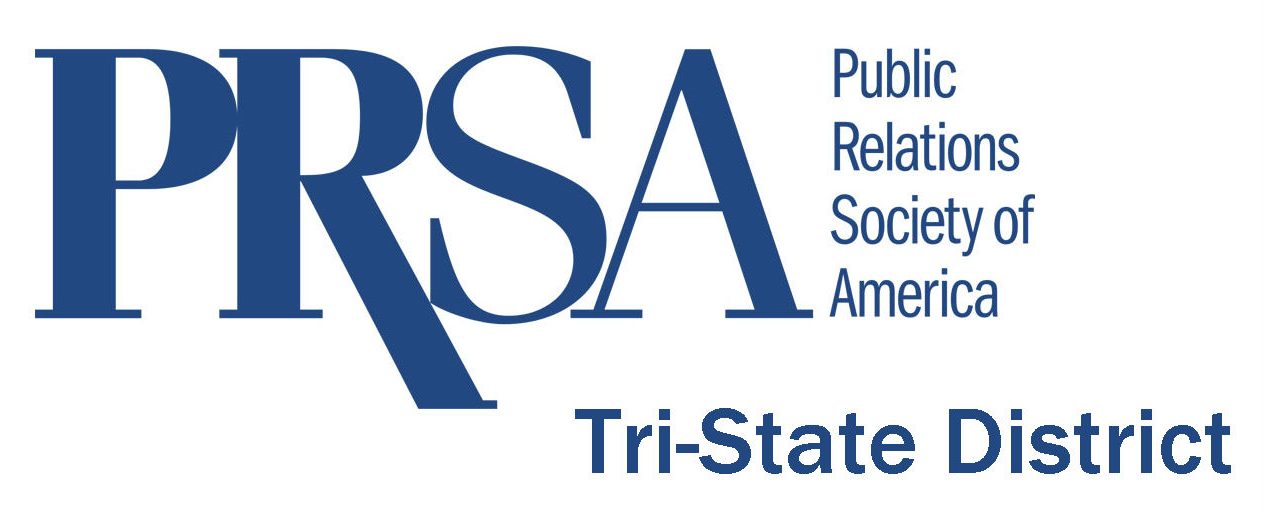I take great pride in my role as a teacher. That said, I always hope my students take away more than just decent grades. I want them to feel confident in a new-found employable skill set that’s a melting pot of academic, practical, and social.
10 years ago, PR was more about tactical execution; less about strategy and storytelling. Today, the expectations of a PR professional go well beyond this simplistic comparison. To be employable and indispensable, practitioners of all levels need to be prepared to get in the game with renewed skill sets, as well as attitudes.
Persuasive Writing:
If you work in public relations, your job is to be a communication expert, with writing skills exemplary to any – and every – other industry. One of the biggest complaints from employers right now is that candidates for PR jobs don’t know how to write (and I’m not talking just entry level; senior executives, too). For an industry focused on reputation, this certainly isn’t a good look. Good writing isn’t limited to spelling and grammar. It’s about mastering the art of adaptability. Adaptability means flexibility with your style and tone, as well as adhering to the way your company or client wants you to write. Good writing also includes short, declarative sentences, plain language, and a tone that captures a desired target. Long-winded, fancily-worded, stringent-to-what-you’ve-always-done copy is tired and irrelevant. It’s time to get with the (new) program.
Strategic Thinking:
I freelance as a corporate trainer. A focal point of any of these trainings includes understanding the difference between goals, objectives, strategies, and tactics. Understanding strategy, in my opinion, is the most important. However, the word “strategy” has lost meaning over time. It’s overused. This is unfortunate, because strategy only fits one, true definition: It’s a plan of action that achieves the goal. It does not include tactics, which are the tools to execute the plan (the press release, the Instagram post, the satellite media tour, etc.). Do you need to educate? Showcase? Implement? Create? Action-oriented verbs yield strategic planning. Not people, places, or things.
Research Analysis:
The ability to fully research a target audience or turn data into a story is crucial to the success of any PR initiative. If you don’t have research to back up your recommendations, or to use as a benchmark, you don’t have much to support your ideas. At the end of the campaign, reporting raw data leaves a lot to interpretation. A story, on the other hand, provides a trajectory. Learning how to use social media listening tools, taking the time to conduct qualitative and quantitative research, and analyzing numbers is essential to career growth and development.

 by
by